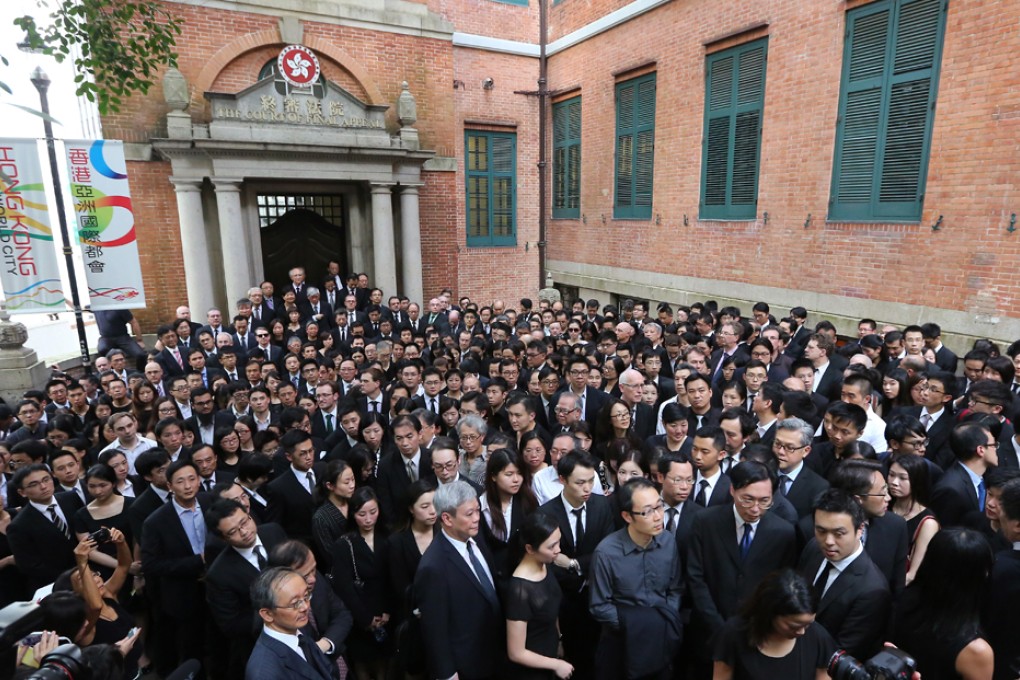White paper ignores non-interference principle of Basic Law
I refer to the letter from the Chief Executive's Office ("White paper reflects existing constitutional arrangements", June 18). Chief Executive Leung Chun-ying will recall when we were colleagues on the Basic Law Consultative Committee and the strong support given to what I called the "Four Corners Principle".

This seeks to achieve, within the Basic Law's four corners, a clear differentiation and "separation" of the "two systems" in "one country". Mr Leung will agree that those who supported it, himself included, were not separatists.
National laws are excluded save for the few let in through a window opened within the Basic Law. The listed laws are confined to defence and foreign affairs and matters outside the SAR's autonomy (Article 18).
Further, Article 22 stipulates that no department of the central people's government may interfere in the affairs which the Hong Kong SAR administers "on its own" in accordance with the Basic Law.
The white paper singularly fails to mention this non-interference principle. Compare this with what was stressed in 2000 by Qiao Xiaoyang, now chairman of the Law Committee of the National People's Congress.
He underlined differences rather than similarities between the SAR and ordinary local administrative regions. While referring to the unitary nature of the state, he was quick to distinguish between matters which are the central authorities' responsibility and those which are administered by the SAR "on its own".